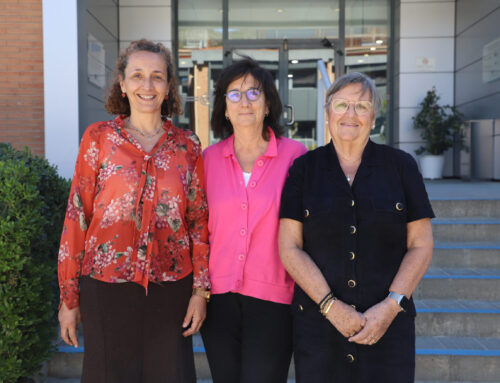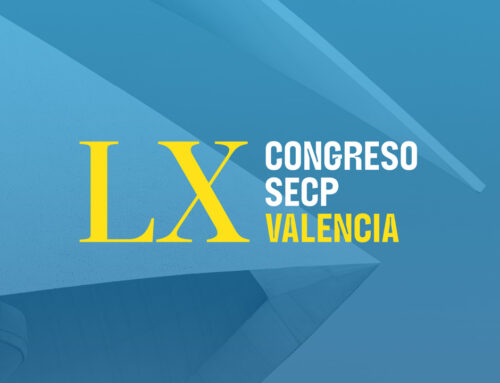
A 34-year-old patient affected by Pectus Excavatum has been treated with the innovative Pectus Up technique by the team of Cirugía Torácica Avanzada
The implant, developed by Ventura Medical Technologies allows to treat Pectus Excavatum, also called sunken chest, with an extrathoracic and minimally invasive approach.
Javier Moradiellos and Andrés Varela, heads of Cirugía Torácica Avanzada, were responsible for the success of this surgery.
The 34-year-old patient affected by Pectus Excavatum was operated on with the Pectus Up last December at the Hospital Quirónsalud Madrid. The surgical session was also part of a training session into which several thoracic surgeons interested in the technique were invited.
The surgery was also attended by Dr. Gil Frey a thoracic surgery specialist and Head of the Thoracic, Vascular and Endocrine Surgery Department of the CHU Grenoble Alpes.
Dr. Marina Paradela was also present in the surgery. She is part of the Thoracic Surgery team of the Technological Training Center of Complexo Hospitalario Universitario de A Coruña (CHUAC), led by Dr. Mercedes de la Torre.
Paradela had already attended a Pectus Up surgery by Dr. Laureano Molins and Dr. Jorge Hernández at the Teknon Medical Center, Barcelona, in September 2018.
The Cirugía Torácica Avanzada team specializes in minimally invasive thoracic surgery and has already conducted several training sessions for thoracic and pediatric surgeons both at the national and international level
The Community of Madrid (Spain) has already a history of more than 20 attended by many surgeons from different countries, in order to achieve their training goals in this new technique. Thanks to this, the Pectus Up technique can be implemented in more Pectus Excavatum patients worldwide.
The Pectus Up brings many advantages for the patient, poses fewer complications, both intraoperative and postoperative, and causes less pain, so that the patient experiences a better recovery and a rapid adaptation to their daily lives.






